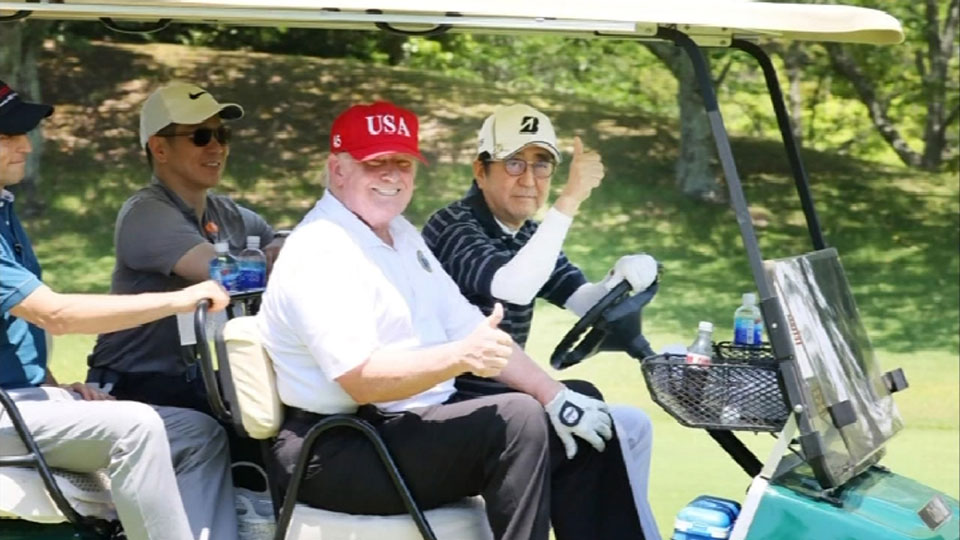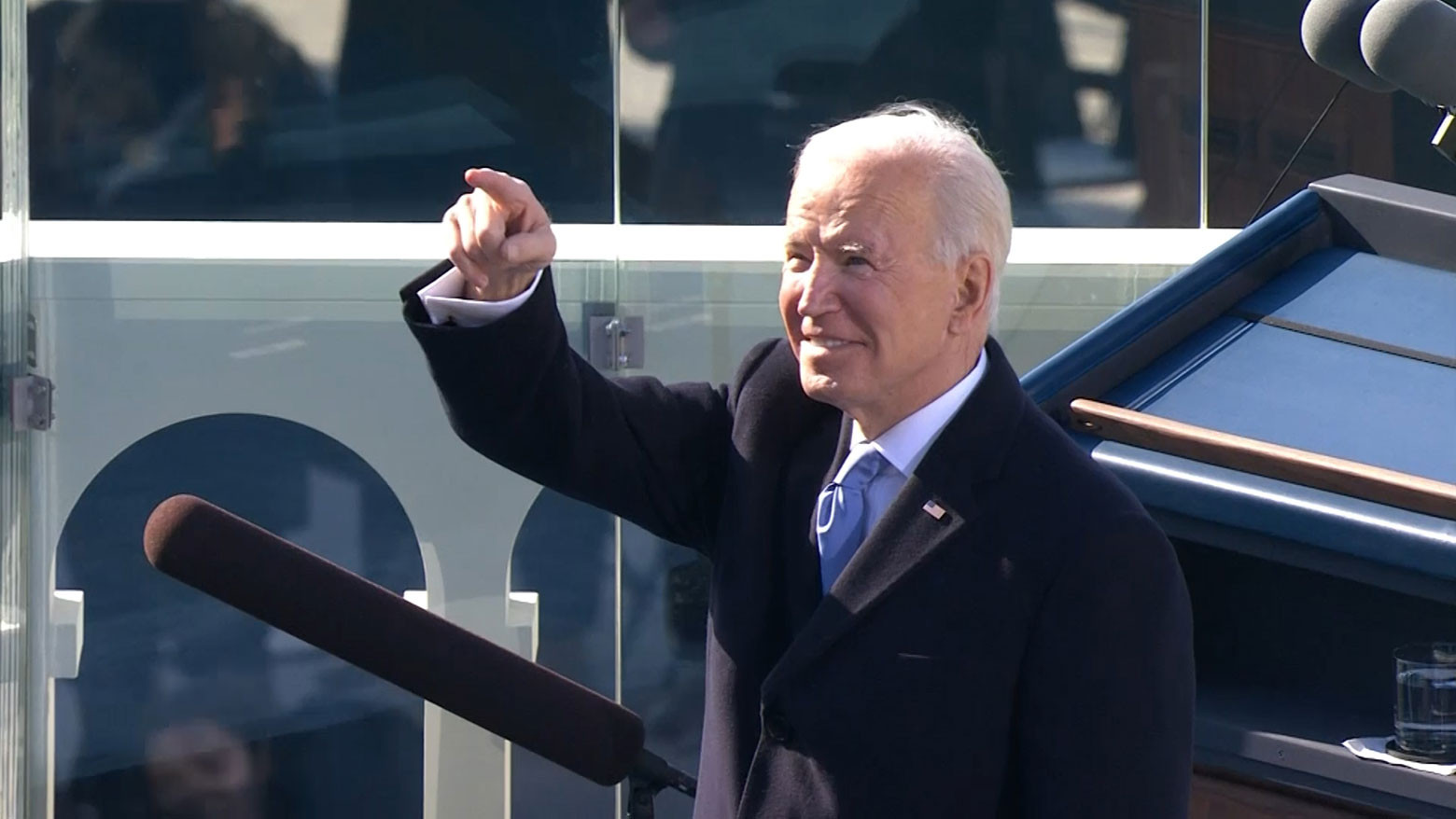Kohara Masahiro is a former Japanese diplomat who currently teaches courses on Japanese foreign policy. He says two values emphasized by Biden – unity and solidarity – will be crucial as the new president re-establishes his country’s presence on the global stage.
“There are so many challenges we are facing nowadays, from the coronavirus pandemic to the rise of authoritarianism,” says Kohara. “The truth is [current challenges are] much harder than [they were during] his vice presidency. The world cannot go back to the way it was.
“Moreover, the United States is entangled with a very serious divide. As always, foreign policy begins at home. Domestic stability and broad bipartisan support for foreign policy is a prerequisite [for better diplomatic relationships].”
Kohara believes that the US must handle various issues, including a return to the Paris Climate Agreement, with a combination of soft and hard power.
Foreign policy in East Asia
Kohara says one of Biden’s greatest foreign policy challenges is standing up to a rising China. He predicts the US will reengage with allies, including Japan, to build a more united front.
“Biden will act multilaterally rather than unilaterally,” he says. “Biden once said that when the US joins other democracies, our strength more than doubles, and that China cannot afford to ignore more than half the global economy.”
He adds that while Biden is likely to get tough on China on trade and human rights, the president will also be seeking common ground with Beijing on key issues like North Korea and climate change.
Kohara notes that former President Donald Trump preferred top-down diplomacy. He says other world leaders, including Japan’s then Prime Minister Abe Shinzo, adapted to this style, but expects the Biden administration to take a different approach.
“Biden will work with many professional staff members. So working-level talks will replace Trump’s top-down approach to American diplomacy with Japan. Trump believed that his uncertainty could be a strong diplomatic weapon, but consistency and predictability are important for diplomacy between allies and partners.”

Biden has tapped Kurt Campbell for a new post to coordinate Asia policy. Campbell was the US Assistant Secretary of State for East Asian and Pacific Affairs under the Obama administration, and led its “Pivot to Asia” foreign policy strategy. He is known among diplomatic circles for being “pro-Japanese.”
Kohara welcomes the appointment as a sign of Biden's commitment to the Asia-Pacific region: “I believe his presence, and other familiar faces, could give us some guarantees and also allow us to rely on the US in foreign policy.”
What’s changed during the coronavirus pandemic
Kohara says that the coronavirus pandemic has highlighted how two different political systems, democracy and authoritarianism, have dealt with the crisis. “China has handled the pandemic far better than the US and its economy has already rebounded,” he observes.
To maintain confidence in, and show the value of, democracy, the professor says Japan and the US need to strengthen the governance of their countries and the World Health Organization. Kohara urges the two countries to address inequality in income and access to education, both of which have grown substantially worse during the pandemic.
“This is the basis of renewed strength of democracy.”

